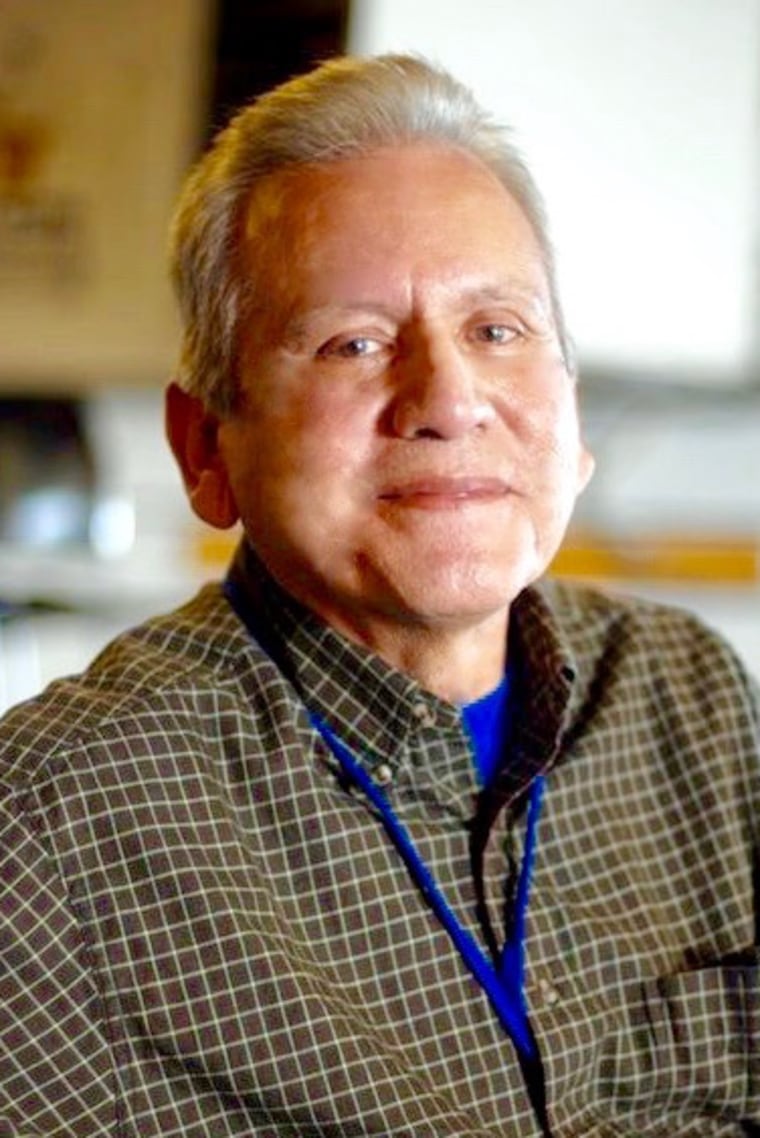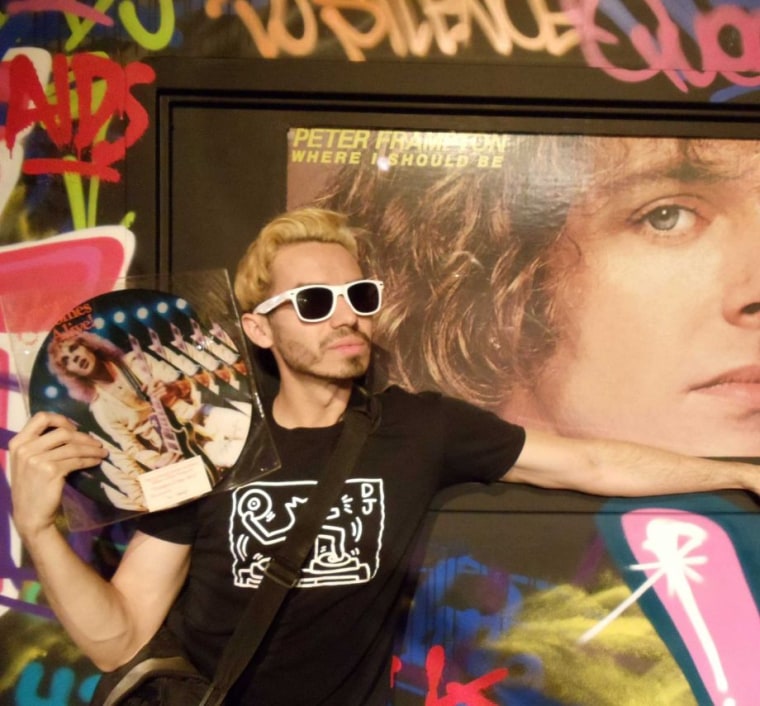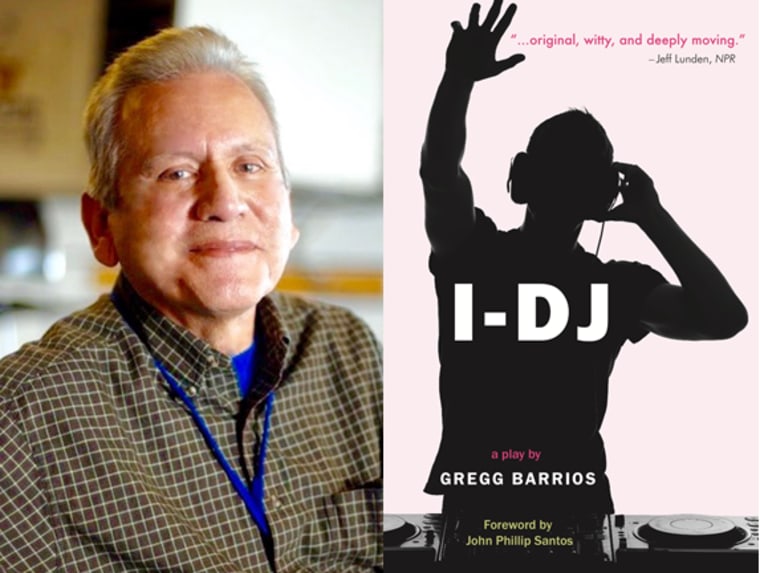
Gregg Barrios is a true renaissance man. As an accomplished playwright, his plays include Rancho Pancho (about Tennessee Williams’ lover Francisco Rodriguez, who inspired the character of Stanley Kowalski in A Streetcar Named Desire), A Ship of Fools (about the Texas writer Katherine Ann Porter), and most recently of the critically acclaimed two-act drama I-DJ.
A poet, book critic and journalist, his work has appeared in the Los Angeles Times, The New York Times, Texas Observer, Texas Monthly, Film Quarterly, San Francisco Chronicle and Andy Warhol’s Interview. He is a former book editor of the San Antonio Express-News and currently serves on the board of directors of the National Book Critics Circle. A 2013 USC Annenberg Getty Fellow, he has received a CTG-Mark Taper Fellowship, a Ford Foundation Grant, and a 2013 Artist Foundation Grant for his theater work. In 2015 he was inducted into the Texas Institute of Letters.
On the occasion of the publication of I-DJ, which received rave reviews recently for its productions in San Antonio and NYC, I checked in with Barrios, who is enjoying the attention he’s receiving for this very personal and moving story for the theater stage. I-DJ is not only about the coming-of-age of a young man navigating two seemingly mutually exclusive identities — gay and Chicano — but also about celebrating the space that welcomes everyone: music.
This play is set during very specific periods in American history—the 60s, 70s and 80s—eras that are not only linked in the collective consciousness to specific social changes and events of the 20th century, but that also come with their own “soundtracks.” What inspired this memorable protagonist, Amado Guerrero Paz, aka Warren Peace? And why is it so easy to fall in love with him?
For many young Latinos, those halcyon days of social and political upheaval gave rise to a new visibility in the world. They were heady times. We became active participants in civil protests for Chicanos, blacks, gays and women’s rights. The creative arts provided a revolution of new music, new wave and indie films, pop art, and our own literature.
RELATED: 2015 Latino Books: 8 Must-Reads from Indispensable Small Presses
The opportunity to engage and create art became a possibility, a reality. It isn’t for naught that Amado in a quixotic way considers himself a gay Hamlet. Racial discrimination and homophobia at home and in the outside world are anathema for him. He is blessed with the courage to live his life openly and without regret. He effectively reinvents himself. These qualities make him fierce, righteous and very loveable. After all, he is us in our best light.
The play is also a cleverly conceived lesson in music history, particularly the story of A&M Records, whose various releases became important anthems to many communities, transcending class, race and sexuality. In the play, these songs weave seamlessly into Warren Peace’s life story, which is the quintessential Chicano narrative—neither here nor there, but always in the mix. As much as Warren Peace becomes part of the deejay circuit in gay nightclubs, he is determined to hold on to his Chicano roots. Do you see this as a portrait of a past struggle or does this tension still exist for intersectional identities? Who is the ideal audience for these tough lessons on belonging?
The tension is still there. 50 years after the Civil Rights Act became law, the struggle continues in our black and brown communities. And while gays of any color were stigmatized during the plague years, AIDS is still rampant among blacks and Latinos. It’s no longer a death sentence if you can afford the medications, but the stigma remains.
The ideal audience? A Motown producer who saw I-DJ told me: ‘I have all those records, and although I’m not gay or Latino, I can identify with the struggle and the joy because that same music also gave voice to our mutual lives and experiences.’
I have not had the pleasure to see the theatrical production of I-DJ but it must be quite a sensory experience, especially if it is as musical as the script promises it will be. How much of each song (about 60 are invoked) is actually played onstage? What have been some of the challenges in putting on this play? And what have been some of the rewards?
Actually we only play about 15-30 second snippet of each song since each is so recognizable, so memorable, so of its time. Everybody remembers what was going on in their life when Carole King sang, “It’s too late, Baby, it’s too late, although we really tried to make it.” That’s all you need to know as Warren relates his doomed romance with a young Mexican national.
The music in I-DJ is an ever present character, a chorus. In the play, it is the only chronological constant that informs us where we are in the story – from “The Lonely Bull” in the 60s to “God Save the Queen” by the Sex Pistols in the ‘70s to the dance club divas of Janet Jackson and CeCe Peniston of the 80s and beyond.
The challenges were logistical, finding a space that gave us the freedom to do something outré, a local venue that would produce a LGBT play by a Latino playwright. Much of community theater in Texas is often by the numbers and/or traditional. However, once we opened I-DJ at the Fringe in New York City, we found our artistic rewards and our ideal audience.

Can you give us a glimpse of A Ship of Fools: An Alibiography? Why were you drawn to this story and is it bringing audiences a unique Latino take as with Rancho Pancho?
I was drawn to the Texas writer Katherine Anne Porter while researching my play Rancho Pancho. Tennessee William wrote Porter a fan letter. He asked her for an 8x10 photo to place above his desk along with his other favorite writers Anton Chekov and Hart Crane. That peaked my initial interest. Later, I discovered she had lived in my hometown in Texas and wrote for the local newspaper as a teenager something I did some 50 years later.
RELATED: Summer Reading List: 9 Great New Books by Latino Authors
The play centers on Cristóbal, a young Latino literary critic and biographer who under the ruse of interviewing Porter actually wanted to know why his grandfather spoke her name lovingly on his death bed. He is aware of her predilection for younger, Latino men. In Ship, the actor who portrays Cristóbal plays the men in her life - from Diego Rivera, Hart Crane to Sergei Eisenstein. The actress portrays Porter at her different ages. Ultimately, the writer and biographer become characters in Porter’s stories. At Kenyon College Theater Conference last year, I workshopped Ship under the guidance of Playwrights Horizon’s Adam Greenfield. It was very well-received. Ditto several staged readings in San Antonio. Finding a theater company to mount a full production is the next step.
And finally, what’s next for you? I read somewhere that you were collaborating with actor and filmmaker James Franco. Can you tell us a little more about that?
I’m working on a memoir of my year at Andy Warhol’s Factory in 1967. I made a student film in NYC with/about Warhol “superstars” poet and photographer Gerard Malanga and poet and art critic Rene Ricard. I also wrote for Interview and Film Culture during that time. I later collaborated with Warhol on a Nico music video and wrote about the Velvet Underground for Boston’s Fusion magazine.
As far as collaborating with James Franco, I did the cover design for his new book of poetry Straight James / Gay James. We’re also collaborating on a book of his experimental films based on poetry by Frank Bidart and Spencer Reece among others. Being around Franco’s non-stop work ethic has influenced me and my own projects with greater diligence.
